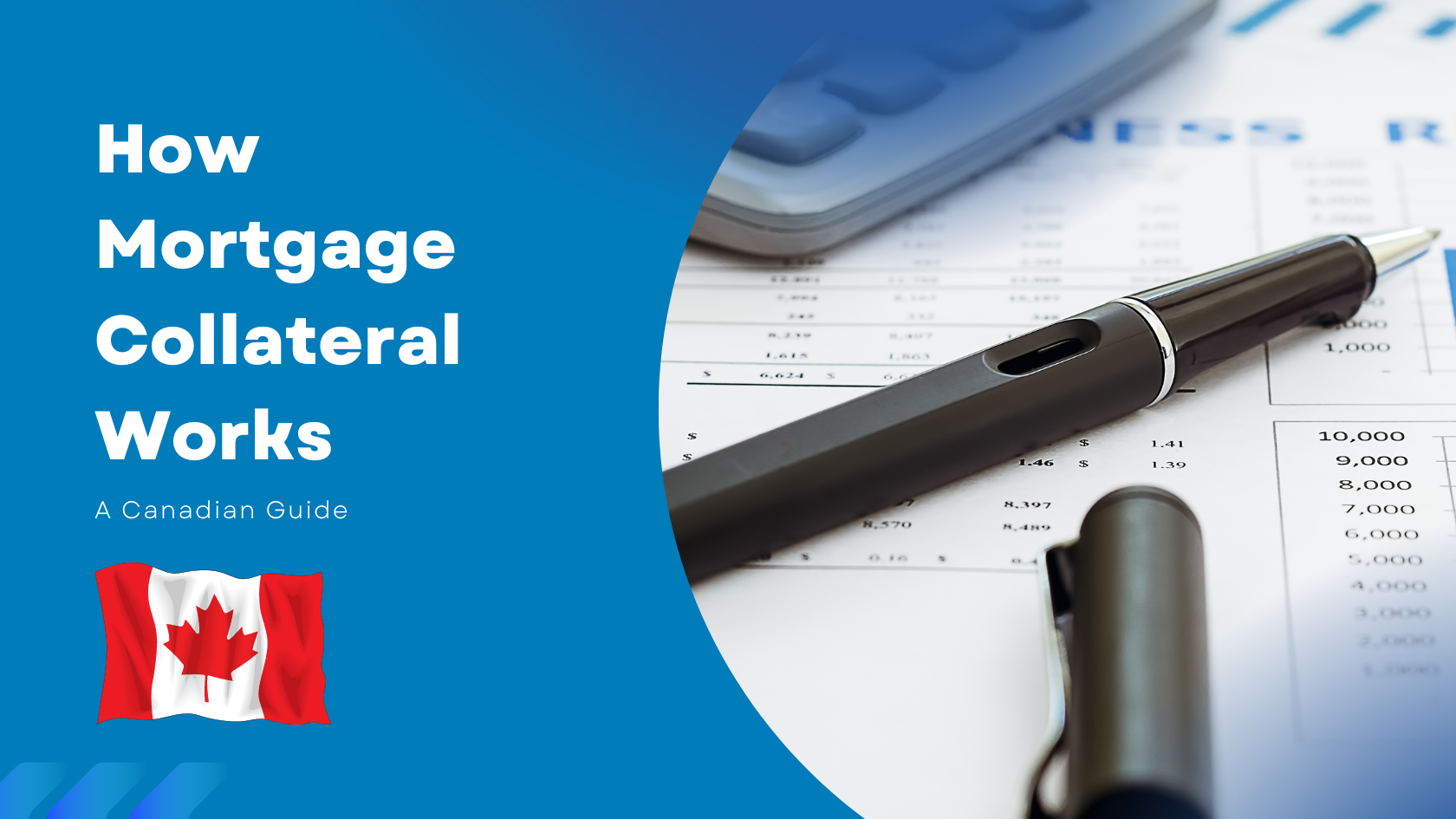Learn how it’s possible to renew or switch mortgages with bad credit or a less-than-perfect credit score. In Canada, 2.85% of the population has a credit score of less than 520, and 15 % have a “bad” credit rating of 520-680 and a low income. Imagine a person owning a home and getting ready to switch mortgages. With credit scores that are lower than the required minimum, a bank will not be in a position to help.
Fortunately, there are various strategies to get around a bad credit score. For example, refinancing and using a non-occupying co-applicant can help with this situation. Continue reading below to learn some tips and tricks for a mortgage renewal with a low credit score.
Table of Contents
ToggleApply With A Non-Occupying Co-Applicant
One possibility to change mortgage lender with a low credit score is to apply with a co-client who is not inhabiting the property. This person should also be ready to assume financial responsibility for the loan.
Depending on the kind of loan you get, your co-client may be required to be on your home’s title as well. Having a co-client can help reduce the debt-to-income ratio (DTI), which can help boosts your chances. If you default on the loan, the refinancing provider may seek your co-client for the money.
Private Mortgage Refinance
This refi option lets you refinance an existing mortgage loan without verifying your income. In certain instances, a private mortgage lender can consider financing without an extensive appraisal. In order to qualify for this, the value of your home must meet the approval requirements.
If you wish to refinance your traditional mortgage into a new private lender loan or vice versa, you must complete the standard credit check.
Refinance Mortgage with Cash-Out
When refinancing with a credit check, one critical point to keep in mind is that you are refinancing your interest rate and term. To qualify for cash-out refinancing, you must have equity in your home. While this is a “moderate credit” choice for refinancing, you may utilize the funds to pay down more debt or improve your credit score.
Using cash-out refinancing to pay off debts may help you get back on track. You can also consolidate debts, which allows you to make one payment to your mortgage lender rather than worrying about missing payments on numerous credit cards. This can help gradually increase the credit score.
What Is the Credit Score Requirement for Refinancing?
Each lender has a different credit score requirement for refinancing. It also varies according to the kind of mortgage you want. While lenders may establish a minimum credit score of 620 for conventional loan refinancing, you may qualify with alternative mortgage lenders based on your payment history rather than your credit score.
Improving Your Credit Score Before Refinancing Your Mortgages
Raising your credit score opens additional refinancing options and can help you obtain the lowest interest rate possible. Use these simple methods to boost your credit score:
Pay All Your Bills On Time
About 35 percent of your FICO® Score comes from your payment history, making it the most significant element for establishing a high credit score. The quickest method to increase your score is to pay your bills on time. You may also activate automatic bill payments, enabling you to set a date for your minimum payments in advance.
Consider A Secured Credit Card
A secured card lets you establish credit by depositing a certain amount. That deposit then becomes your line of credit.
It operates exactly like a regular credit card. You make purchases with your card and pay them off with interest each month. Then, your lender submits your payments to the credit reporting agencies, which helps improve your score.
Keep Your Credit Utilization Low
Credit usage refers to the proportion of your total available credit that you use every month. Let’s suppose you have a credit card with a $10,000 limit, and you put $5,000 worth of expenditures on it every month. In this scenario, you have a utilization ratio of 50 percent.
Lenders don’t want to deal with borrowers that have incredibly high credit usage rates. Using too much of your available credit informs lenders that you may not have anything in savings. It may also imply that you’re more likely to get behind on your obligations or skip a payment.
What Is The Process To Change Lenders?
Before switching lenders, you must get preapproval from your new lender. If you already have a mortgage, you have probably gone through the pre-approval process. If you decide to switch lenders, you will need to repeat this procedure.
When shopping for a new mortgage lender, be candid with your mortgage broker or agent about the reasons for the switch. Agents may develop doubts about your capacity to get a mortgage if they don’t know about the renewal issues.
Change Mortgage Lender: When Is It Too Late?
There is never a perfect time to change your mortgage provider, and it’s never too late to do so. However, you must realize that refinancing is an option if you wish to switch mortgage lenders.
Changing your mortgage lender is a significant commitment and may impact your credit score and budget. Carefully evaluate whether now is the ideal moment to make this happen or to wait.
Can You Switch Lenders Before Closing?
While switching lenders before a home closing is possible, it may create delays in the entire process. If you make these types of transfers before closing, you will need a new appraisal and credit check.
Still, Have Questions About Mortgage Refinancing?
Before refinancing a home, most mortgage lenders will do a credit check. Luckily, our solutions and the information above can shed light on mortgage renewals with poor credit. No matter your credit score, income, or past financial history there are several alternative mortgage solutions to help get things back on track.
Despite the possibilities, this is still a complex topic, so it makes sense to have questions. Contact us today for any questions you may have about renewing or switching mortgages.
- All About Power of Sale For A Mortgage in Canada - April 18, 2024
- Personal Loans and Home Equity Loans for Canadian Homeowners - April 3, 2024
- How Reverse Mortgage Loans Work - April 2, 2024






